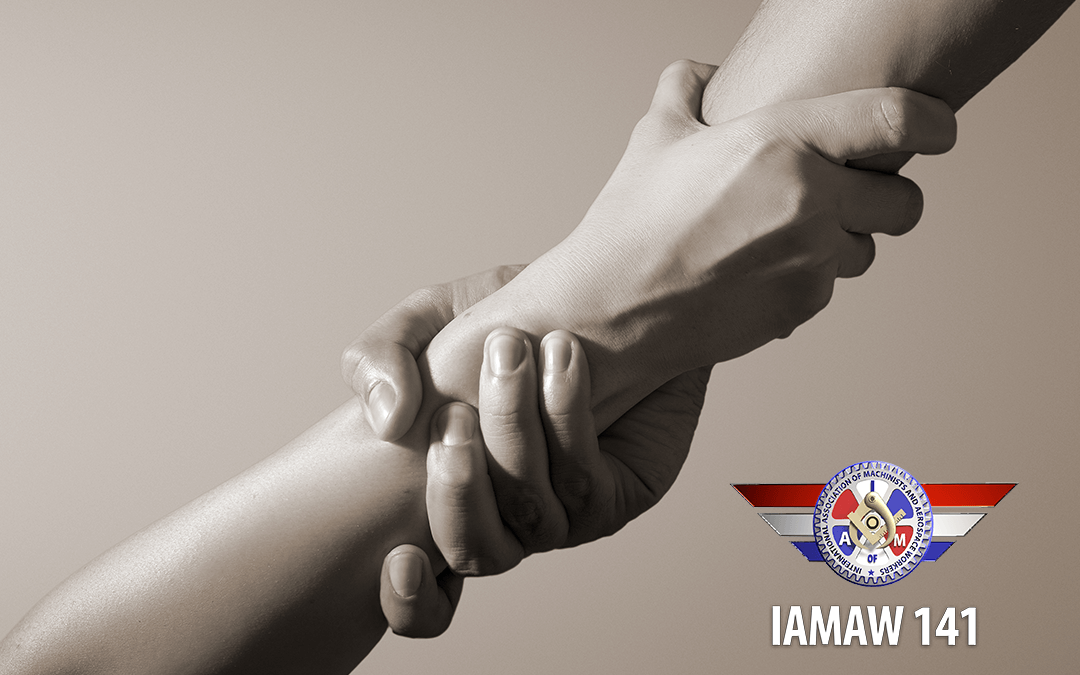
by Eric Price | May 14, 2020 | Community Service, Community Service Page, COVID, EAP, Featured, Featured News, Front Page, Helping Hands, Home, Home, Uncategorized
EAP Peers; As many communities and states start to ease the restrictions everyone has been under, there will be concerns about returning to the workplace. For most of us, we have been at work as essential workers. Returning to the workplace isn’t an issue...
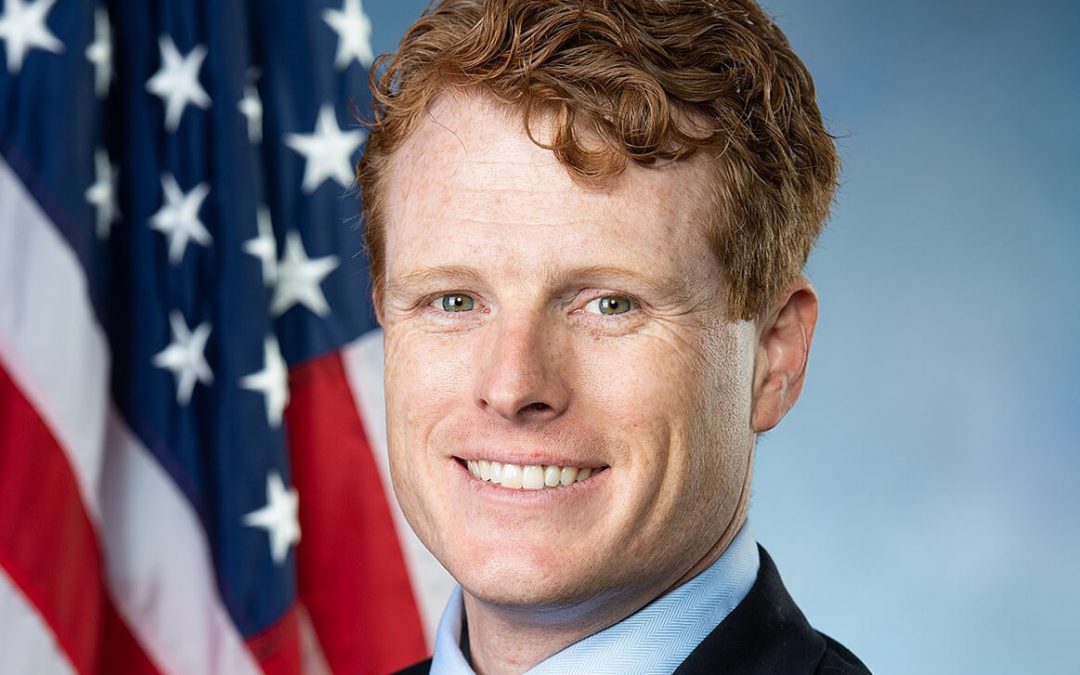
by Eric Price | May 13, 2020 | COVID, Featured, Featured News, Front Page, Home, MNPL
May 12, 2020 Mr. Oscar Munoz Chief Executive Officer, United Airlines, Inc. PO Box 06649 Chicago, IL 60606-0649 Dear Mr. Munoz, I am alarmed by United Airlines’ decision to eliminate 3,400 management and administration positions on October 1, 2020 and reduce...
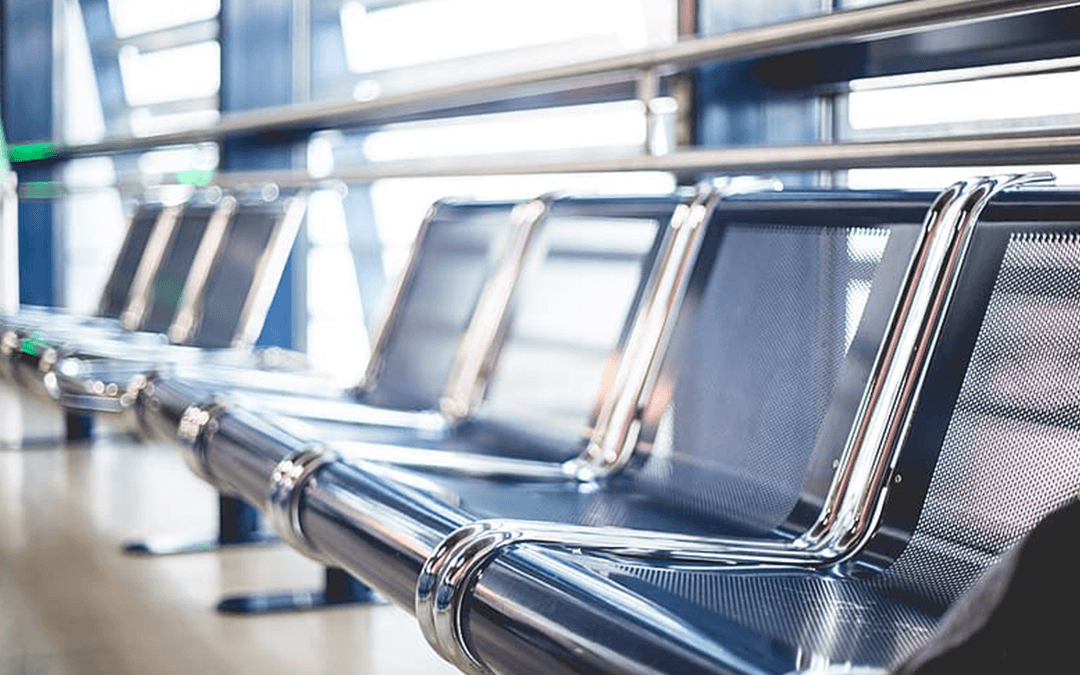
by Eric Price | May 12, 2020 | COVID, Featured News, Front Page, Home
Airlines need passengers to feel safe. Businesses need to provide excellent customer service to prosper. Temperature checks help achieve these goals. In order to ramp up to recover from the biggest crisis they have faced in decades, airlines need to convince...
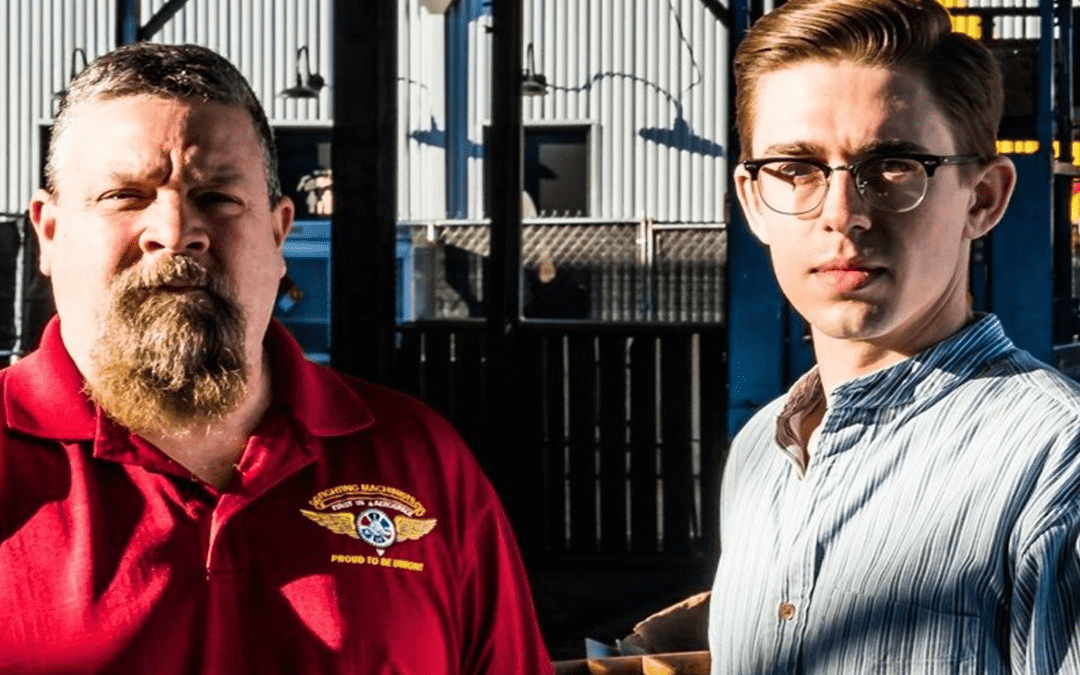
by Eric Price | May 11, 2020 | COVID, Featured News, Front Page, Organizing, Row 2, United
Mike Klemm, President and Directing General Chair of District 141 of the International Association of Machinists and Aerospace Workers, sits down with the Valley Labor Report to discuss labor issues in the airline industry. Hosts David Story and Jacob Morrison asked...
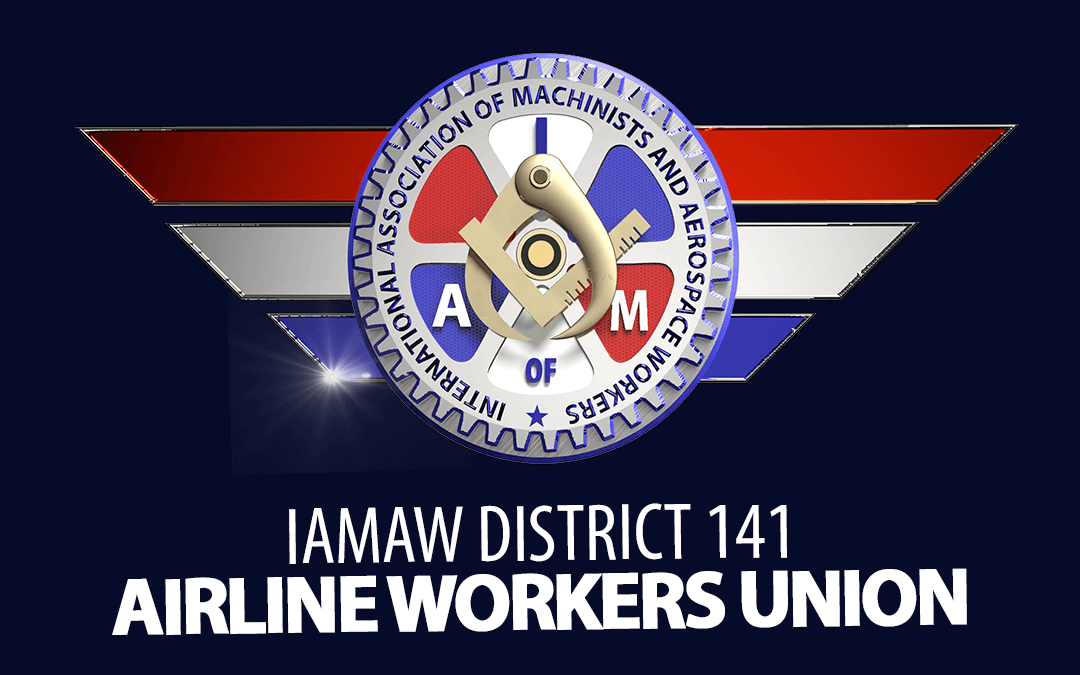
by Eric Price | May 8, 2020 | COVID, Featured, Front Page, Home, Home, United
The Machinists Union today withdrew its lawsuit against United Airlines after the carrier backed down from its plans to cut the pay rates of its entire full-time Fleet Service and Customer Service workgroups by reducing their hours worked. The IAM maintains the right...
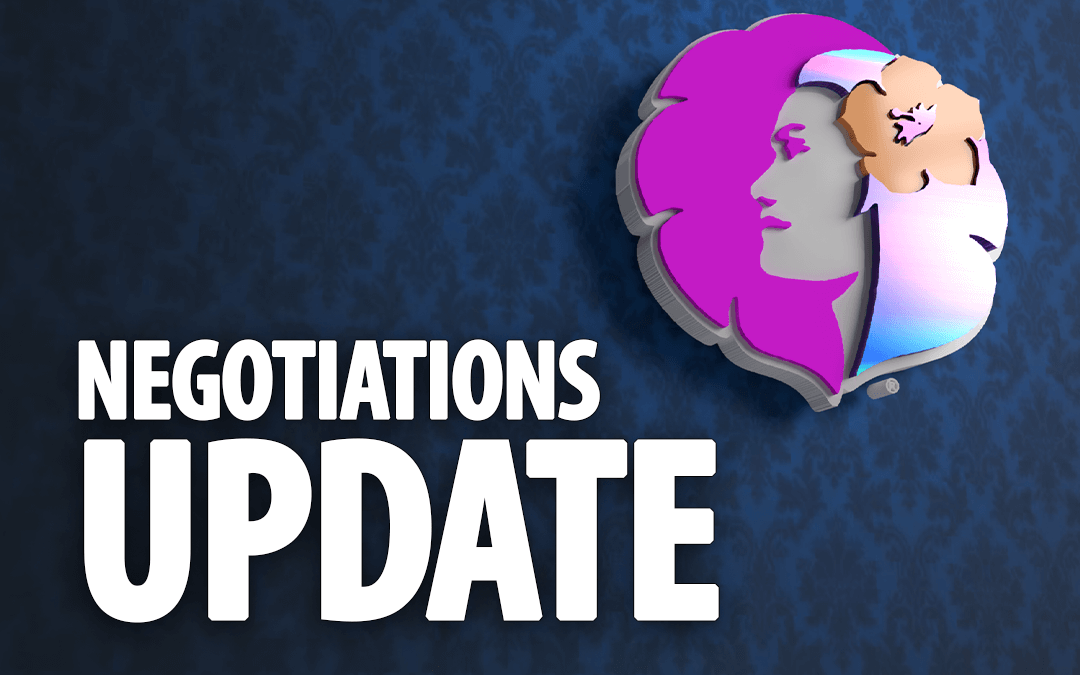
by Eric Price | May 8, 2020 | COVID, Featured, Front Page, Hawaiian, Home, Home, Organizing, Uncategorized
May 8, 2020 Dear Sisters and Brothers, We hope this communication finds you safe and healthy. As you are aware, we entered into Limited Issue/Expedited Negotiations with Hawaiian Airlines in the month of February. The majority of the Negotiating sessions were spent...







